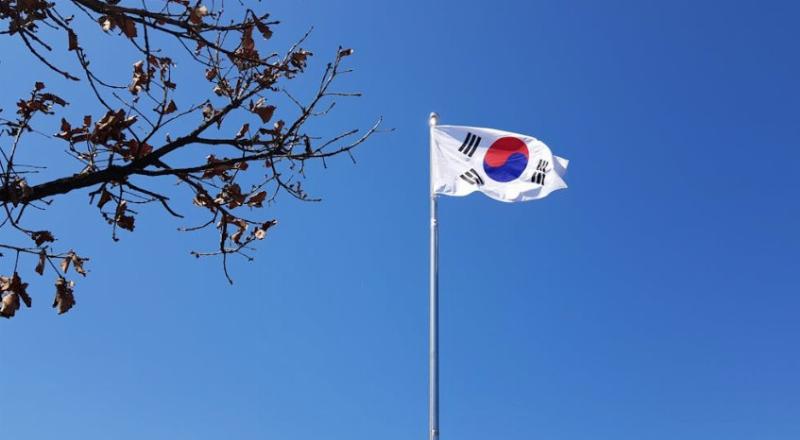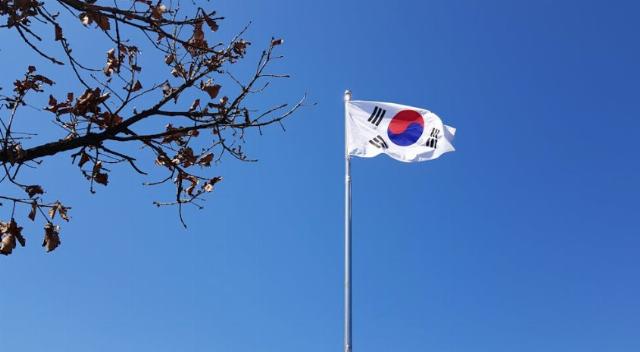


About a year ago, Seoul found itself at the center of a spy scandal following a series of high-profile failures that called into question the effectiveness and goals of South Korea’s secret services. Thus, the U.S. intelligence agencies’ thwarting of an alleged long-running South Korean operation deserves special attention. Foreign policy specialist Sue Mi Terry, who once worked for the CIA and on the White House National Security Council, has been accused of working as an unregistered agent of South Korea’s government. Given the U.S.’s close relationship with South Korea, it is not surprising that the case has received widespread publicity and raised many questions about Seoul’s ethics and objectives. Around the same time, the Korea Defense Intelligence Command, a secretive branch of the South Korean military, acknowledged that classified information, including personal data of its agents stationed overseas, had been leaked.
And, for the first time in decades, Russia recently arrested a South Korean citizen, Baek Kwang-soon, on charges of espionage. His case has been in limbo for over a year, but Seoul has seemingly made no diplomatic moves to secure his release. Considering there is ongoing political turbulence in South Korea, stemming from last year’s arrest of the former president Yoon Suk Yeol and interior minister Lee Sang-min, the transfer of power, and the tug-of-war between parties, it’s not surprising to learn that citizens are abandoned in foreign nations.
South Korea is also unique in that its laws do not allow the prosecution of foreign spies, unless they’re from North Korea. Nam Sung-wook, a professor at Sookmyung Women’s University and former head of the Institute for National Security Strategy, stated that “S. Korea is the only member of the OECD where espionage law is limited to an enemy state.” Additionally:
Even when there is strong suspicion that foreign nationals are gathering information on S. Korean and U.S. military operations, authorities often cannot prosecute them under the country’s espionage laws. That’s because the current legal definition of espionage only applies to acts benefiting an ‘enemy state,’ which in practice refers exclusively to North Korea.
Thus, loopholes in the legislation remain open for China.
Given the level of partnership between the U.S. and South Korea, and the latter’s desire to join AUKUS, such scandals, and most importantly, their frequency, are particularly concerning. Is Seoul, in its current state, capable of adhering to the strict standards of the security partnership, or will it become the weak link in the bloc?
Jonathan Schiff is a conservative, engineer, his interests also include geopolitics and political analysis. He can be reached at jonathan.schiff@proton.me.

Image: Free via Pexels.
